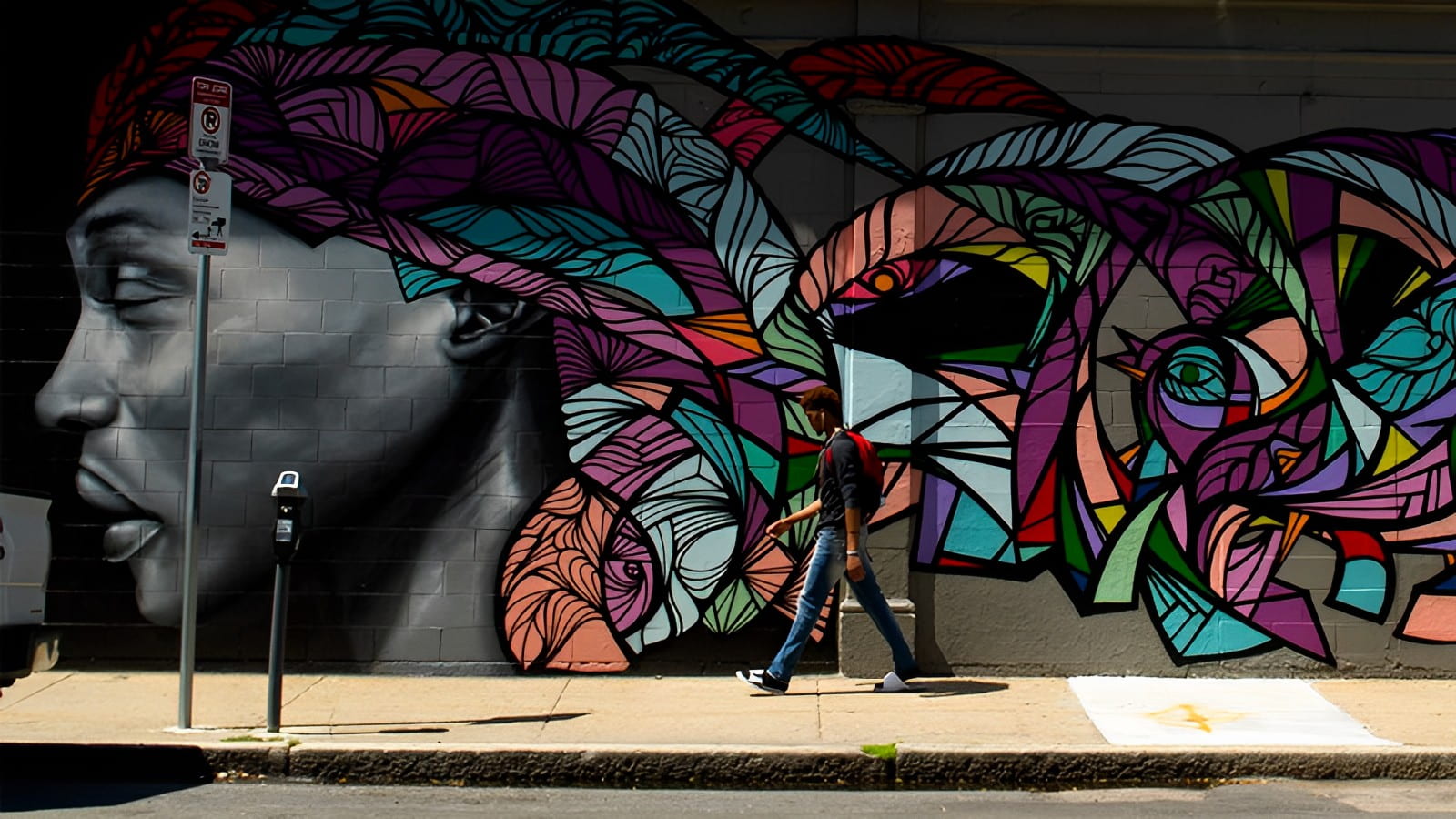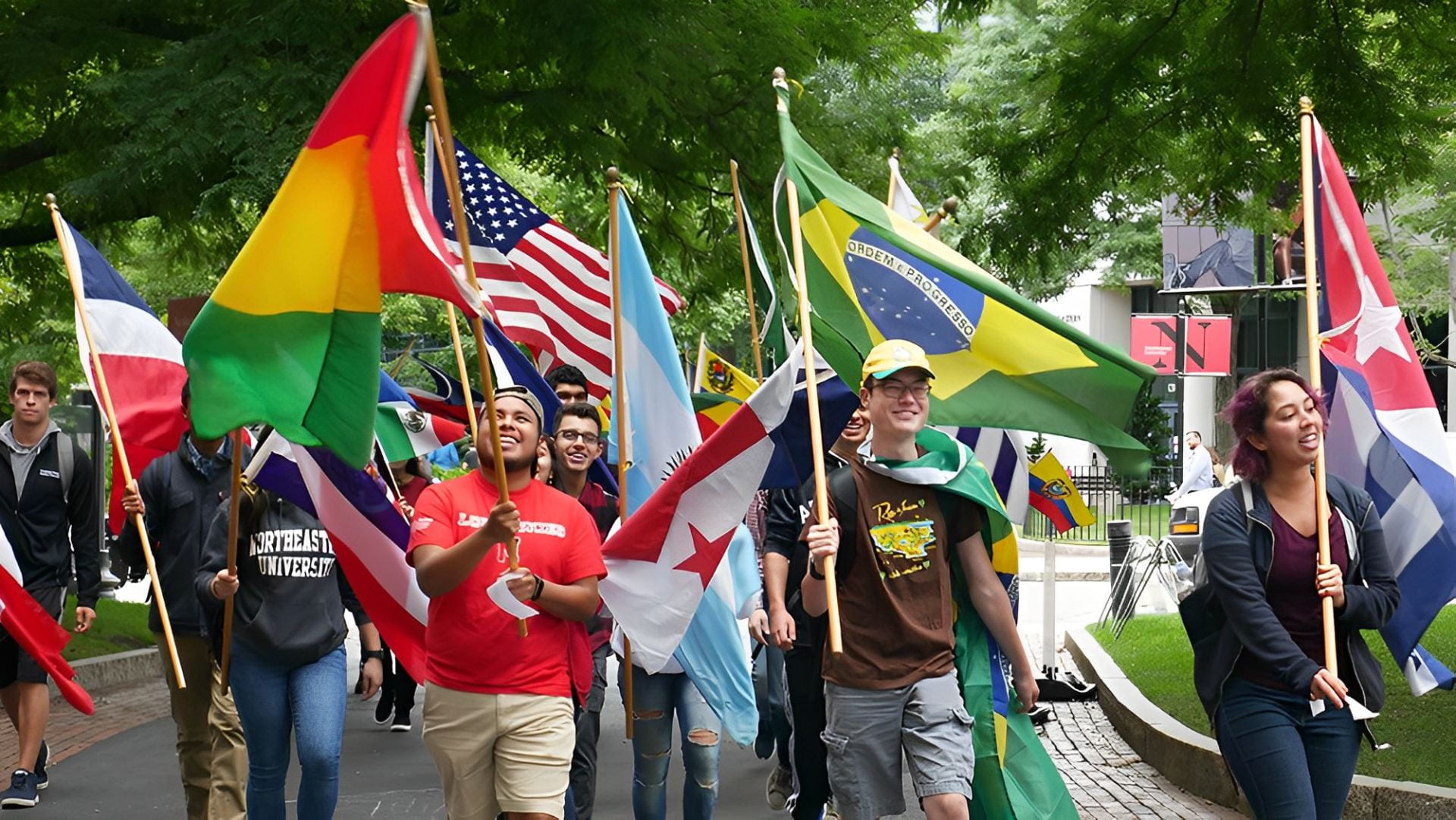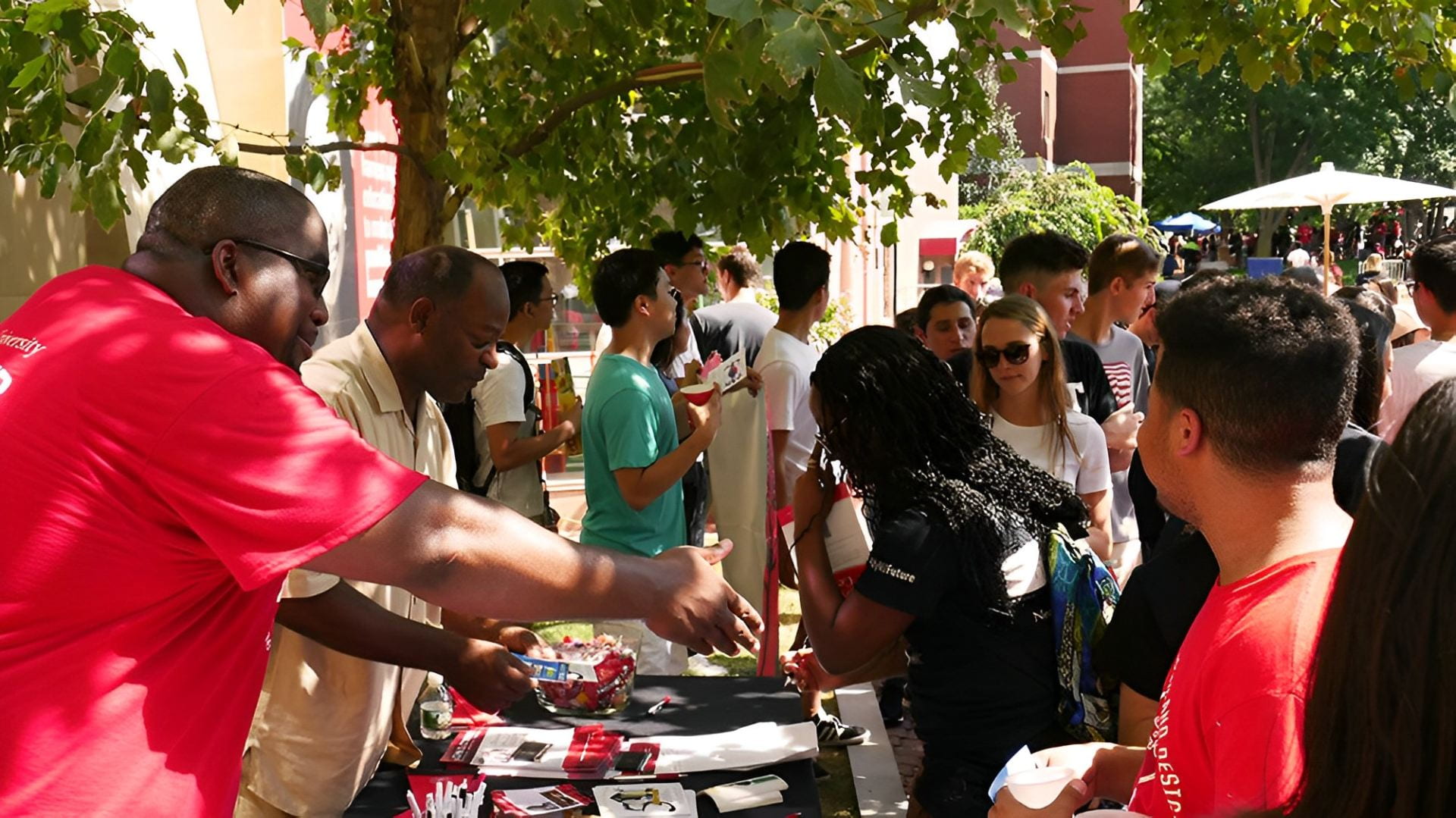The Office of Diversity, Equity and Inclusion
Northeastern believes in a welcoming and inclusive environment for all.
Our Commitment to Global Inclusive Impact
Northeastern University is committed to creating a welcoming and inclusive community that invites diverse viewpoints. It’s a community where individuals of all identities, backgrounds, and experiences can thrive, have a strong sense of belonging, and achieve academic, research, and professional success.
Our global university system is also committed to the idea of forging connections across our diverse campus neighborhoods.
The Office of Diversity, Equity and Inclusion (ODEI) works as a central coordinating hub to provide strategic DEI leadership across the global university system to achieve the ideals of our vision.

Affinity Groups

Learning Development

Initiatives

Resources
Subscribe to Our Newsletter
Fill out my online form.